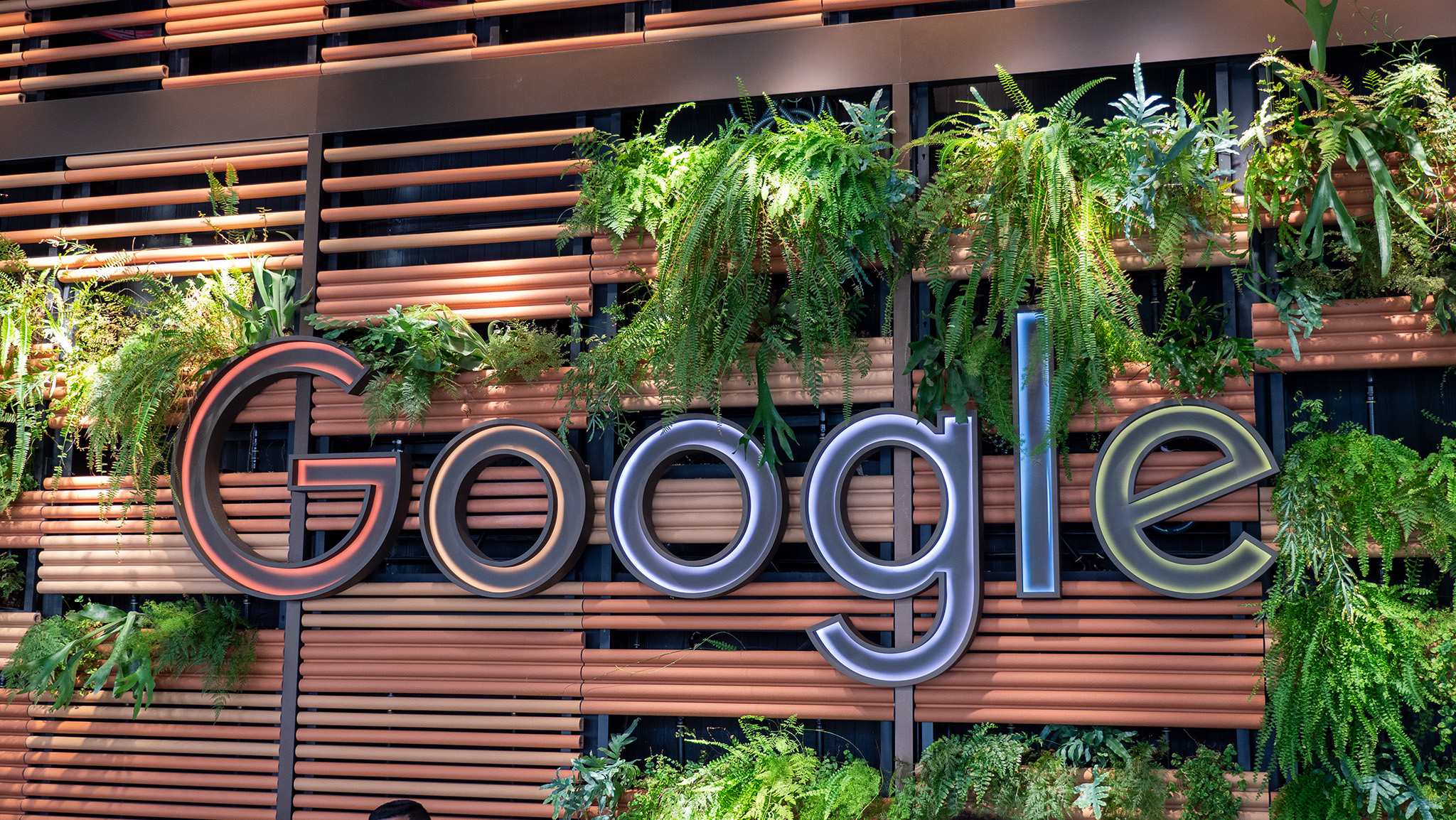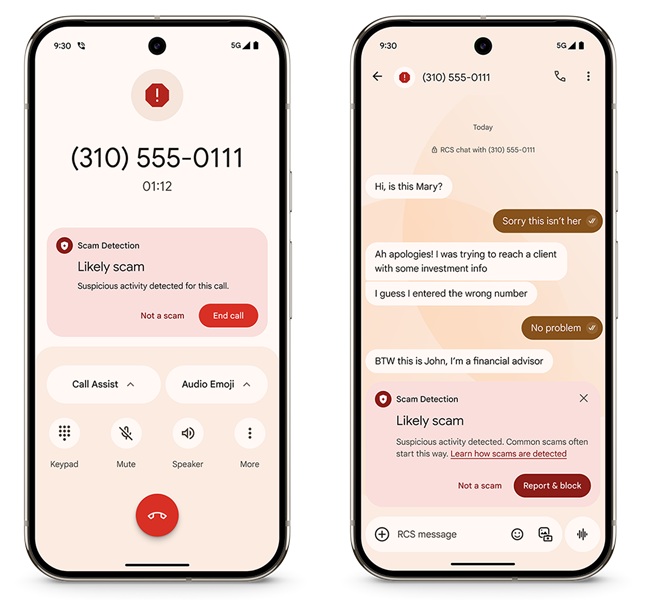
What you need to know
- Alongside Morning Consult, Google's research survey about scam awareness showed that "over 60%" of users in the U.S. have witnessed scams.
- Despite the high number, Google says its survey data indicates that users have become more "confident" in spotting scams and avoiding them.
- Its data also points toward a sharp difference in online security practices with over 60% of Gen X and Baby Boomers using passwords while Gen Z and Millennials opt for passkeys.
- Google has recently pushed toward more scam/fraud detection software on Android for phone calls and texts.
The internet isn't going anywhere and neither are scams, but Google says people's online habits are changing (for the better).
Google's vice president of privacy, safety, and security, Evan Kotsovinos, shared a post about the company's work with Morning Consult. The former ran a survey, seeking to identify the changes in online habits by users when it comes to scams and other malicious attempts. According to the research, "over 60% of US consumers perceive an increase in scams over the past year, with one third personally experiencing a data breach."
While this number seems high (and is undoubtedly is), Google says the data points toward positivity. It states that while users are seeing more scams online, they've felt more "confident in their ability to spot" and avoid them. The other side of this is 61% of users in the survey stated the majority of these scams appeared via email.
Witnessing and spotting scams at such a high number makes senses when you factor in Google's other discovery: "Half of Americans — and over 60% of Gen Z — spend at least 5 hours on their phones per day."
However, the way we manage ourselves online, such as keeping our accounts safe, isn't the same. Google and Morning Consult find that our perception of a "safe account" differs between the generations. For Gen X and Baby Boomers, they all prefer concrete passwords that you either have to remember or write down. Google states "over 60%" of people in these generations use passwords, leaving the other 30% to rely on social sign-ins.
The complete opposite is Gen Z, which reportedly leverages new sign-in methods like passkeys or social sign-ins — Millennials, too.
Spot Malice & Cut It

While there is still a vast majority of Americans who prefer using passwords, Google highlights a few protections to utilize. Tools like the Google Password Manager, 2FA (two-factor authentication), and the Google Authenticator App give those written credentials more power against attackers.
Although, we shouldn't forget that Google has been walking this path of a passwordless future for a while. As such, the company draws awareness to other sign-in options, like passkeys. Moreover, the company states opting to create accounts with "Sign in with Google" is another viable choice. The post states choosing this option will give you the security of your Google Account wherever you're going — plus, you won't have to memorize another password!
It's also worth mentioning that Google has been stepping up its scam/fraud detection capabilities in recent time. In its March feature drop, the company introduced a treasure trove of scam detection features for phone calls and texts in Google Messages. If something in the call or text triggers the software, users will be promptly alerted and told to avoid further contact.
Google brought similar advancements to Chrome on Android, too, thanks to Gemini. The browser's Safety Check stepped its game up, keeping an eye on malicious notifications and more.
In May, Google published its latest fraud advisory findings to keep uses on their toes when online. Among the many scams, these are the most prevalent: customer support, package tracking, and toll roads.







